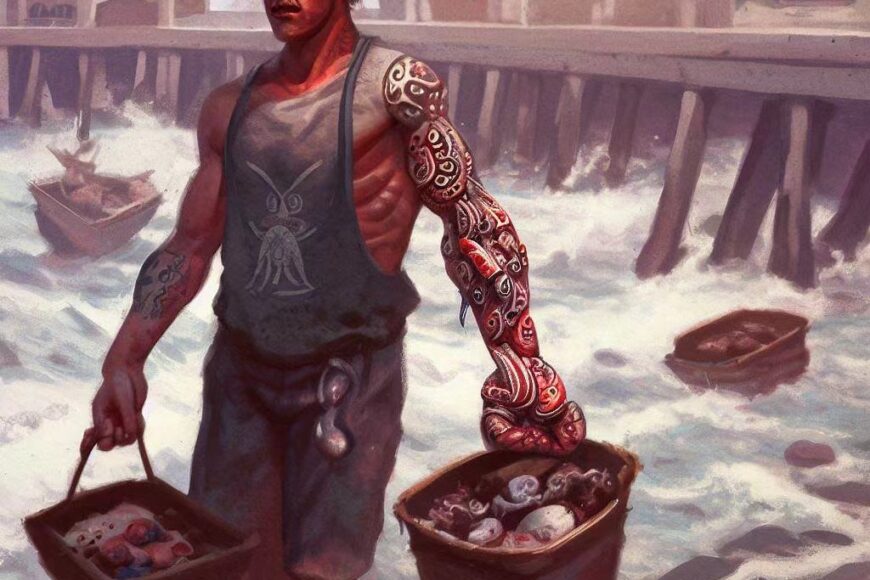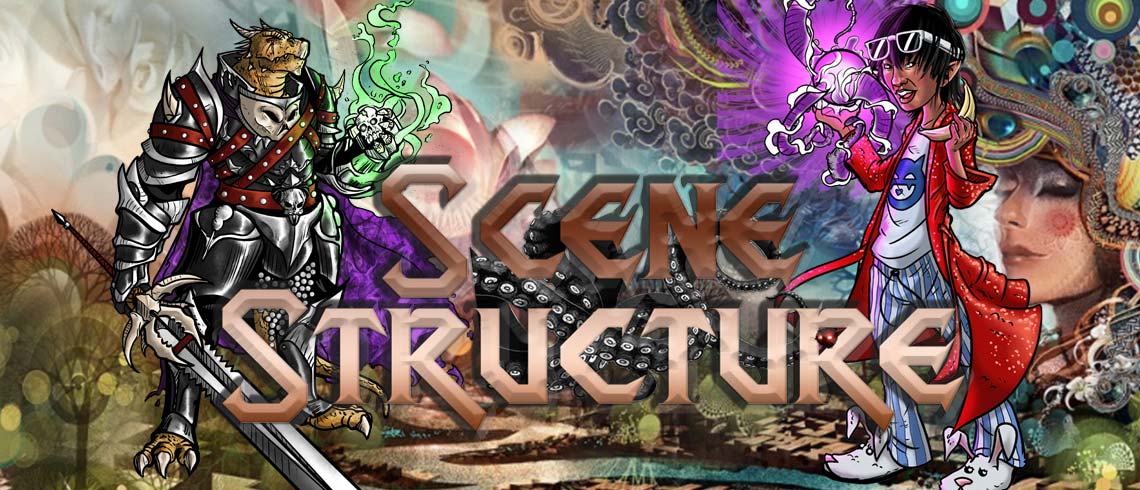You’d anticipate, and not without good reason, that I – the lone foreigner within a span of 300 kilometers – would become the center of attention in a remote coastal fishing village. After all, I was not merely an outsider; I was the first of my kind to ever step foot in this isolated hamlet. Picture me, rising from the sea, bearing the spectacle of a fresh wound that painted one arm a rich, dark burgundy – a hue evocative of a fine wine. This crimson thread wove itself across the monstrous tableau of Lovecraftian nightmares etched into my skin. I bore buckets, strained to their limits with the ocean’s harvest – mussels, oysters, clams – the fruits of the sea in plentiful supply.
Yet, as I trod into the heart of the local seafood bastion, my strange request for them to cook up my self-caught bounty was met with an anticlimactic indifference. The scene must have been a sight to behold – half a gory spectacle, half a seafood vendor – yet it failed to draw the gasps one might expect. My blood-soaked appearance paired with my oceanic abundance didn’t estrange me but, rather, rendered me an unexpected figure of relatability. To them, I was no longer an alien; instead, I was a reflection of their own lives, a fisherman in a novel form. In this blood and bounty, I had inadvertently crossed the threshold of otherness, stepping closer into their understanding, becoming, if not less of a stranger, then certainly more human.



